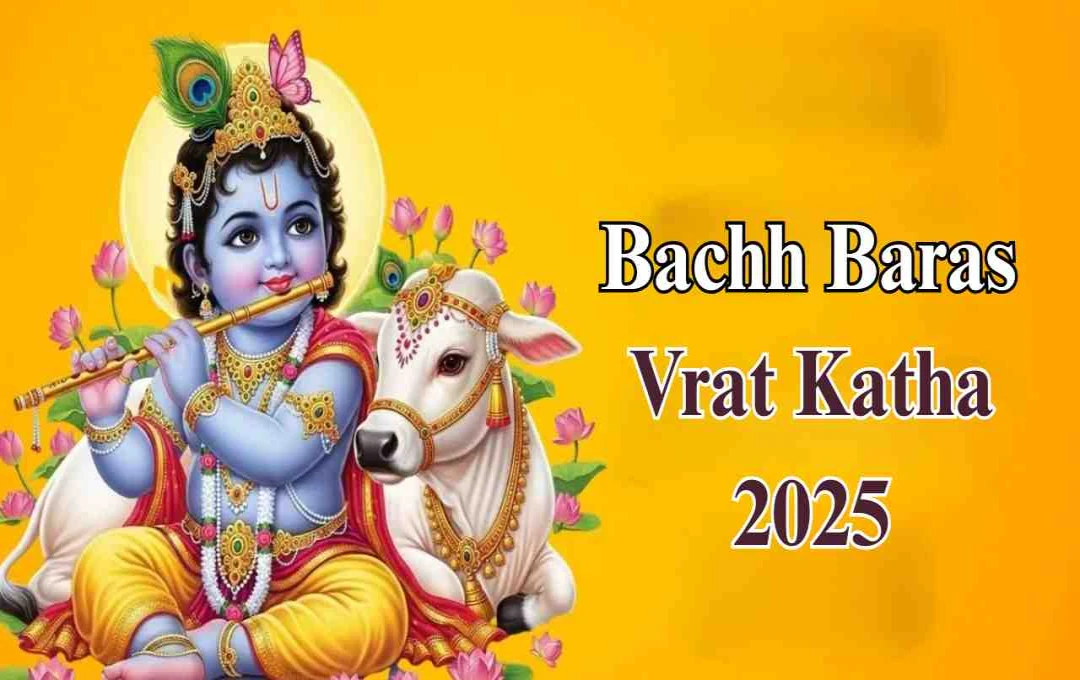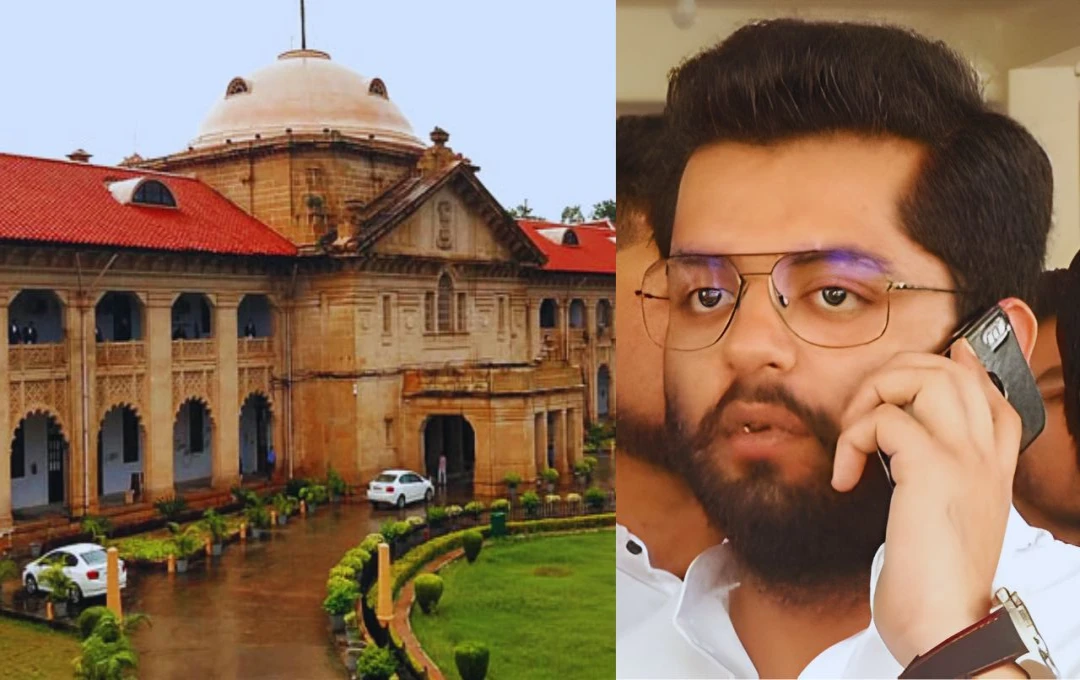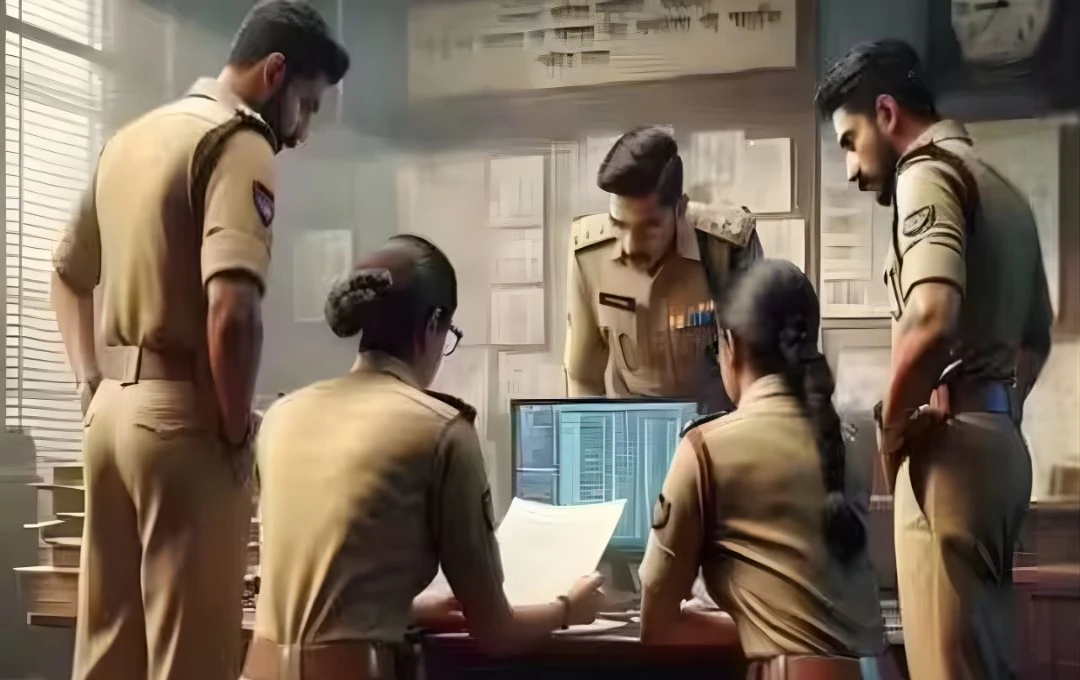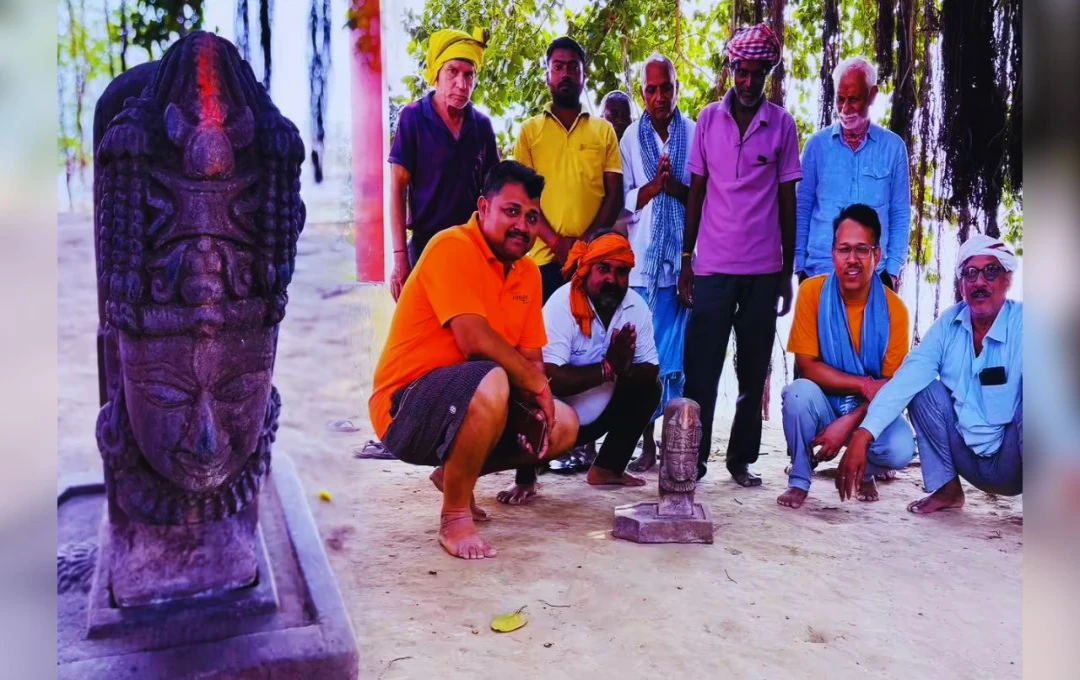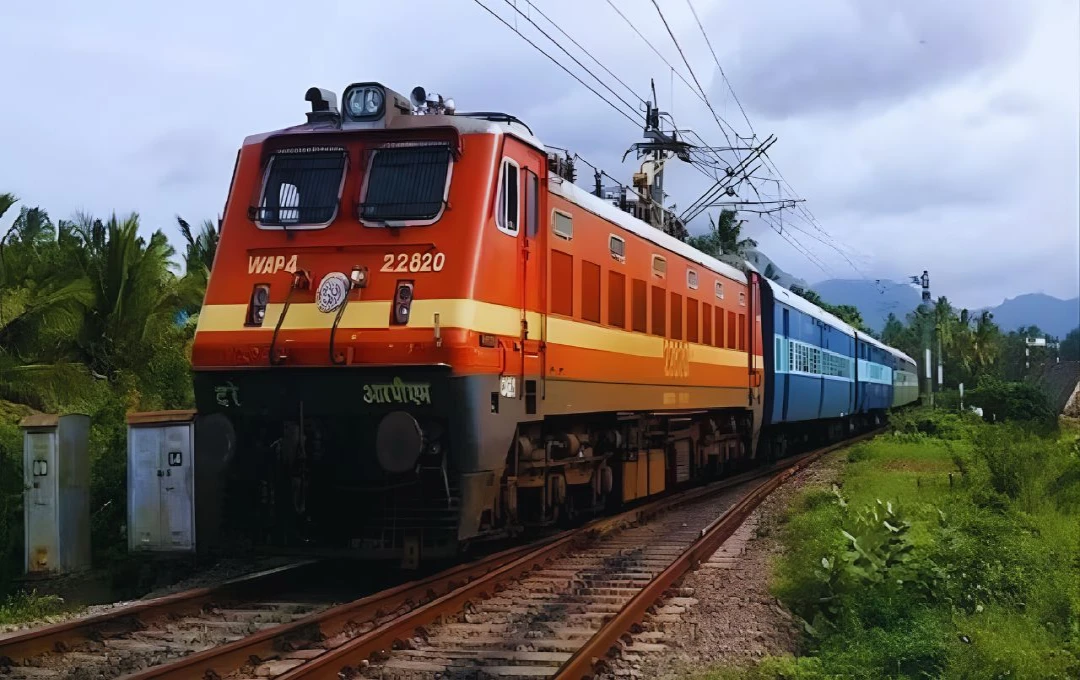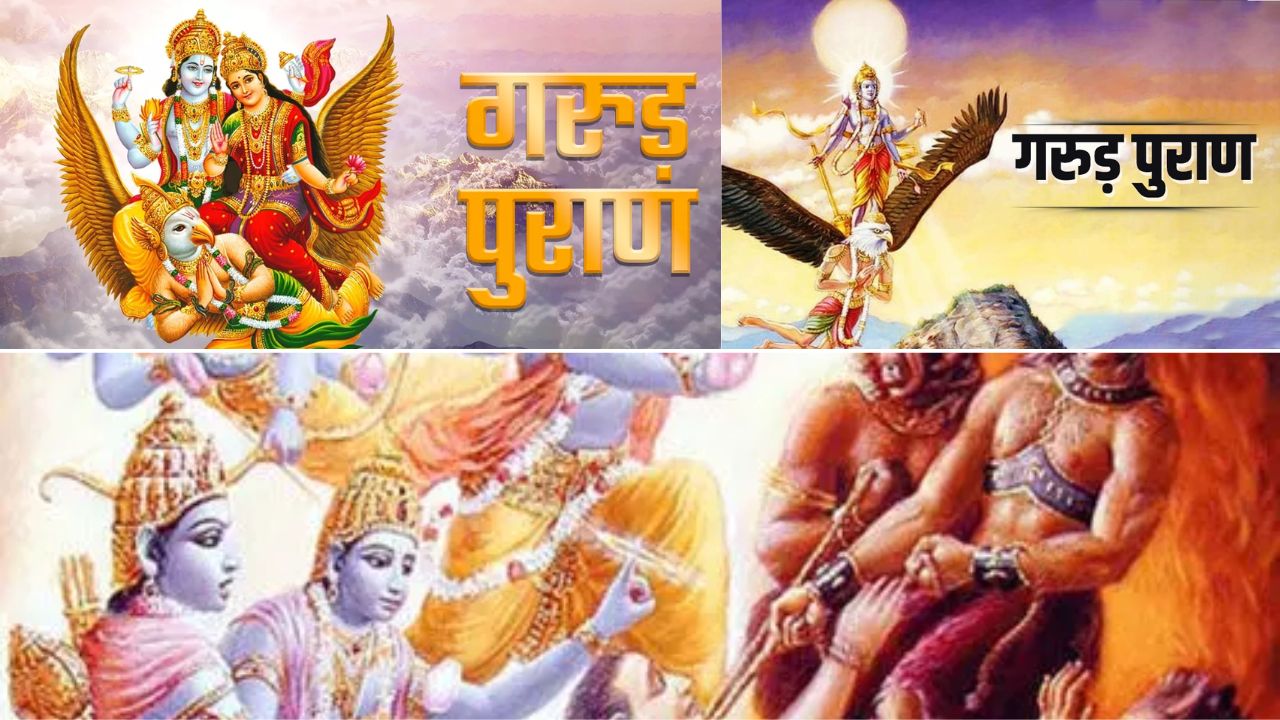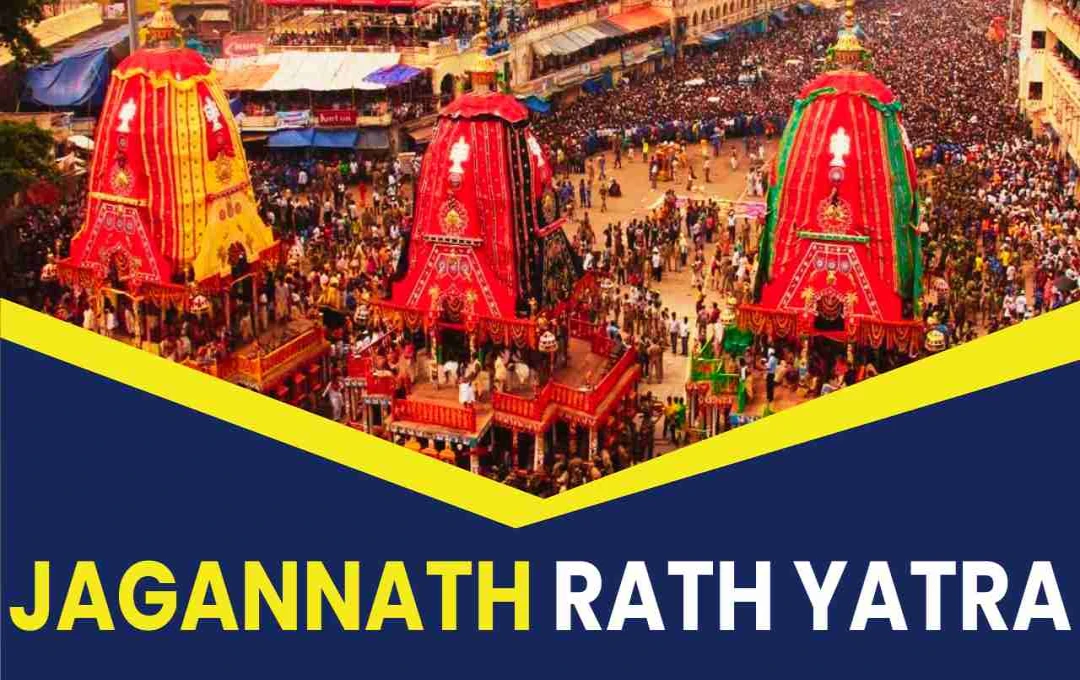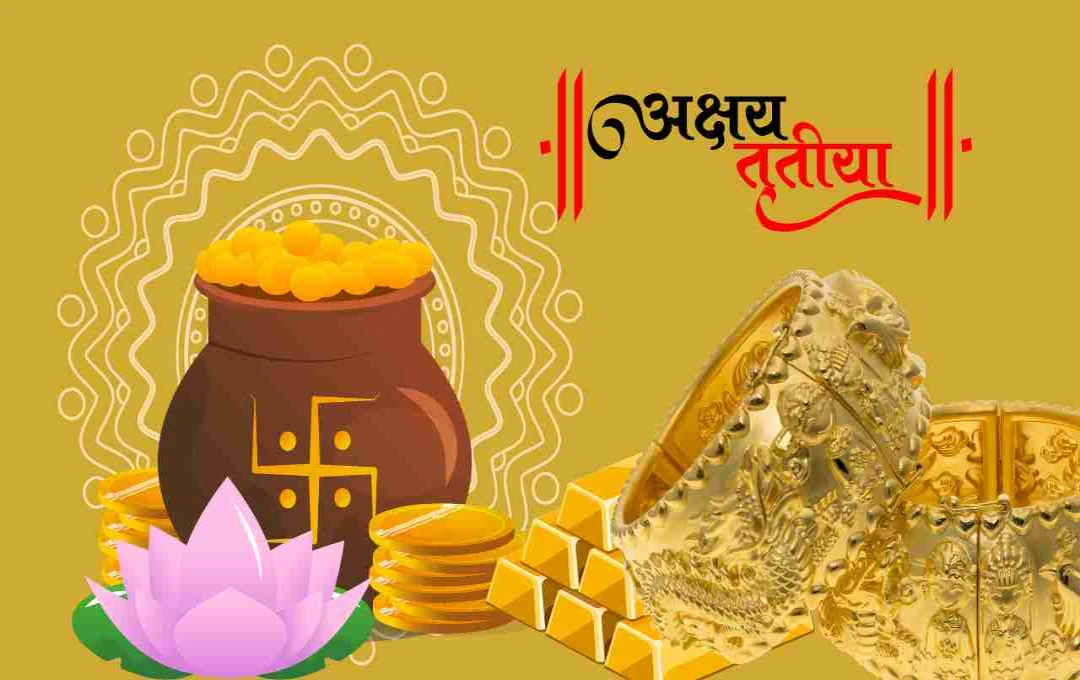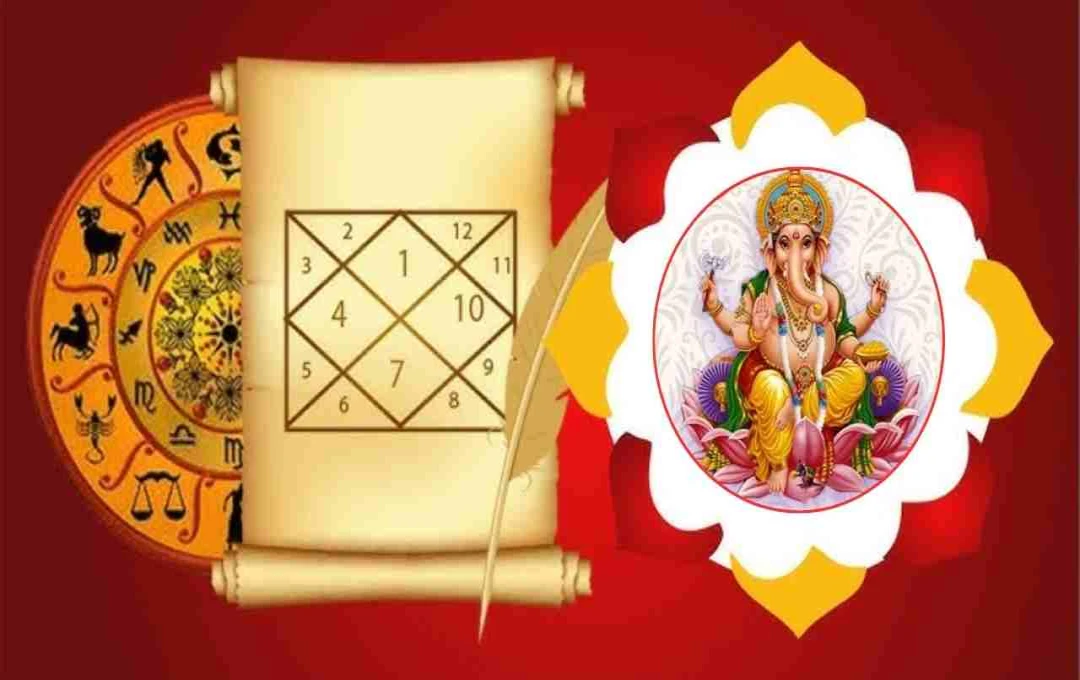The Bachh Baras Vrat, also known as Govatsa Dwadashi, observed a day before Dhanteras, is dedicated to the worship of Mother Cow and her calves. On this day, women pray for the long life of their sons and the prosperity of their families. In 2025, this festival will be celebrated with devotion on October 17 during the twilight hours.
Bachh Baras Vrat Katha: A day before Dhanteras, on October 17, 2025, the Bachh Baras Vrat, or Govatsa Dwadashi, will be celebrated across the country. This festival is dedicated to the worship of Mother Cow and her calves. Observed on the Dwadashi tithi of Kartik Krishna Paksha (dark fortnight), this fast is primarily undertaken by women for the well-being of their sons and the happiness and prosperity of their families. It is believed that devout worship on this day ensures a continuous supply of food, wealth, and good fortune in the home.
Day of Worship for Cows and Calves
In Indian culture, the cow is accorded the status of a mother. She is called Gomata (Mother Cow) because she nourishes the entire family. The day of Bachh Baras is dedicated to the service and worship of Mother Cow and her calves.
On this day, women worship cows and calves after bathing and meditation in the morning. During the puja, turmeric, rice, flowers, water, and sweets are offered to them. Additionally, fodder is given to the cow and calf. The most auspicious time for worship is considered to be the twilight hours (Godhuli Bela), i.e., in the evening.
Devotees observing the fast follow special rules on this day.
- Consumption of wheat and milk-based products is avoided.
- Women observing the fast consume only fruits (falahar).
- On this day, prayers are offered for the well-being of sons and the welfare of the family.
Religious Significance of Bachh Baras Vrat
Govatsa Dwadashi is called Bachh Baras because 'Bachh' means calf. By worshipping the cow and her calf on this day, both Lord Krishna and Mother Cow are pleased.
According to mythological beliefs, this day symbolizes the protection of offspring, happiness, prosperity, and family welfare. The tradition of celebrating Govatsa Dwadashi has been observed for thousands of years. Many beliefs state that a person who devoutly worships the cow and calf on this day never faces a shortage of food and wealth in their home.
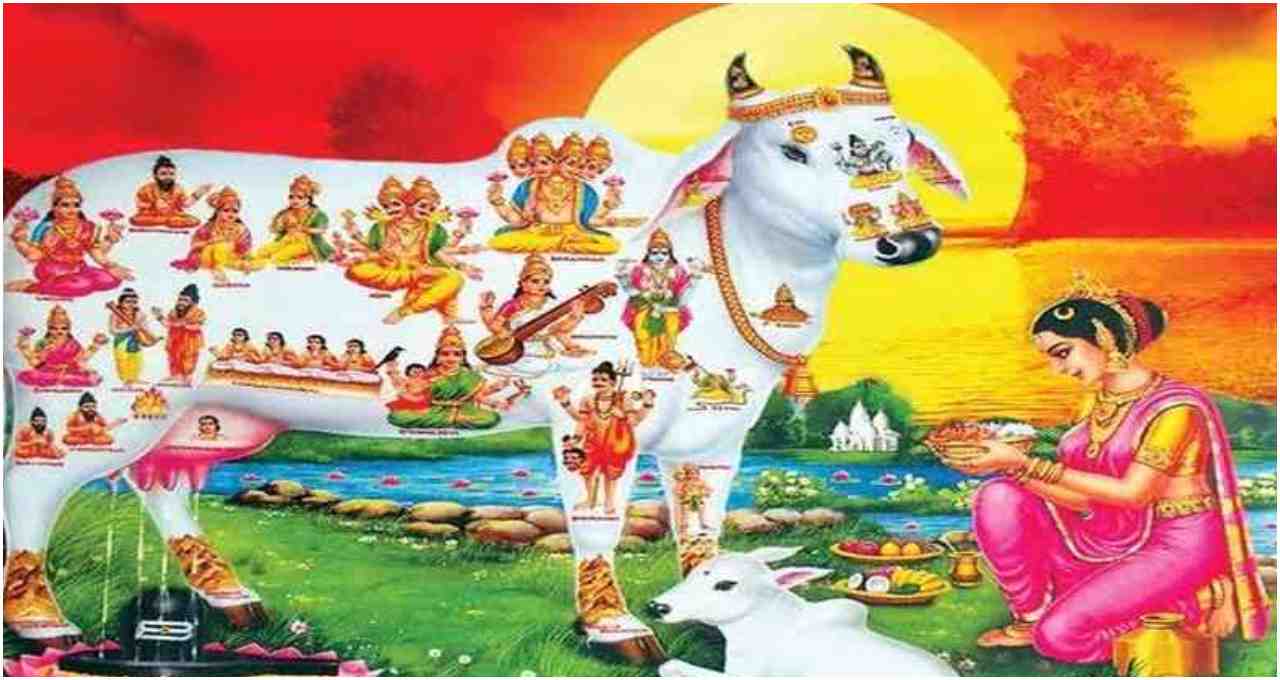
Story of Bachh Baras (Bachh Baras Vrat Katha)
The story of Bachh Baras is narrated with great emotion in religious scriptures and folk tales. This story imparts a wonderful message of sacrifice, faith, and a mother's affection.
According to the tale, once upon a time, a severe drought struck a village. Due to the lack of water, fields dried up and people became distressed. A pious moneylender lived in that village. He was very generous and kind. To quench the thirst of the people, he had a pond dug, but no water appeared in it.
The moneylender called the village priests and asked, "What is the reason that water does not stay in the pond?"
The priests replied, "There is only one solution: a child must be sacrificed, only then will the pond fill with water."
Hearing this, the moneylender was in a dilemma. He thought, "No one will offer their child for sacrifice." After much deliberation, he decided that he would sacrifice his own grandson so that the village could get water.
The moneylender had two grandsons. He sent his daughter-in-law to her maternal home and kept the younger grandson with him. After his daughter-in-law left, the moneylender sacrificed his younger grandson. Miraculously, the pond then filled to the brim with water.
The Yagna and the Revelation
Some time later, the moneylender organized a grand yagna (ritual fire ceremony) in the village and invited everyone, but he did not invite his daughter-in-law. When the daughter-in-law found out about this, she thought that perhaps her in-laws must be busy with work and had forgotten.
She told her brother, "Take me to my home; a yagna is happening there."
When she arrived at her in-laws' house, she saw that the entire family was busy with the yagna. The daughter-in-law worshipped Bachh Baras Mata along with her mother-in-law and then went towards the pond.
Upon reaching the pond, she worshipped both the cow and the pond and said, "Come, my sons, pick up the ladoos."
It is said that at that very moment, from the pond's mud, her son, who had been sacrificed, came back to life. He emerged covered in mud, and thereafter, the other son was also called.
Witnessing this miracle, the mother-in-law and father-in-law were astonished. The mother-in-law revealed the entire truth to her daughter-in-law about how her son had been sacrificed to save the village. Hearing this, the daughter-in-law said, "Mother, Bachh Baras Mata has preserved our honor."
Message from the Story
It is said that ever since then, on this day, women create a symbolic pond from cow dung and worship it.
They place ladoos at the edge of the pond and have their sons pick them up, just as the daughter-in-law did in the story.
This puja is not just a religious ritual; it is also a symbol of motherhood, faith, and the preservation of life.
The story teaches that with true devotion and prayer, even the impossible can become possible.
Bachh Baras Puja Ritual
- Fasting and Bathing: Bathe in the morning and wear clean clothes. Create a symbolic Govatsa (cow and calf) figure using cow dung in the courtyard of your home.
- Prepare Puja Essentials: Arrange a lamp, flowers, unbroken rice (akshat), water, vermillion (roli), sweets, Durva grass, and ladoos.
- Worship of Cow and Calf: Apply tilak to the cow and her calf, offer flowers, and feed them jaggery or fodder.
- Symbolic Pond Worship: Worship the pond made of cow dung, then place ladoos at its edge and have your son pick them up.
- Story Recitation: Recite the Bachh Baras Vrat Katha and pray to the Mother for the happiness and prosperity of your family.
What Not to Do on This Day
- On Bachh Baras, milk, curd, ghee, or any milk-based products are not consumed.
- On this day, no harm is caused to cows or calves; instead, they are served.
- Women observing the fast maintain self-control and purity throughout the day.
Spiritual Meaning of Bachh Baras
From a religious perspective, Bachh Baras is not merely a day of worship, but a celebration of motherhood and compassion.
This festival reminds us that our relationship with nature and animals should not merely be one of utility, but also of respect and empathy.
In Indian culture, the cow is considered a symbol of nourishing creation, and her calf is a symbol of future generations.
Therefore, the worship of Bachh Baras not only signifies religion but also conveys a message of responsibility towards the future.
